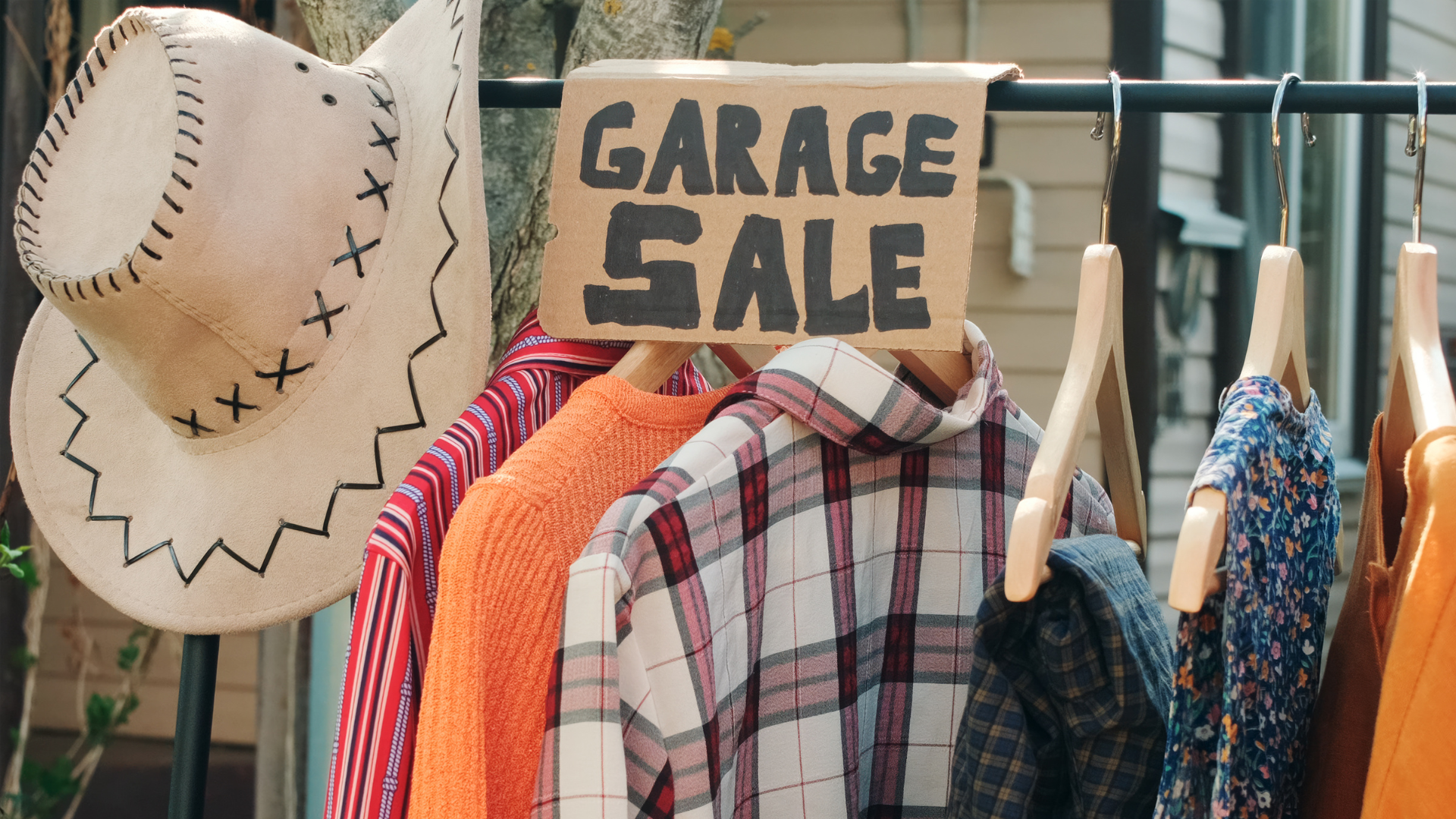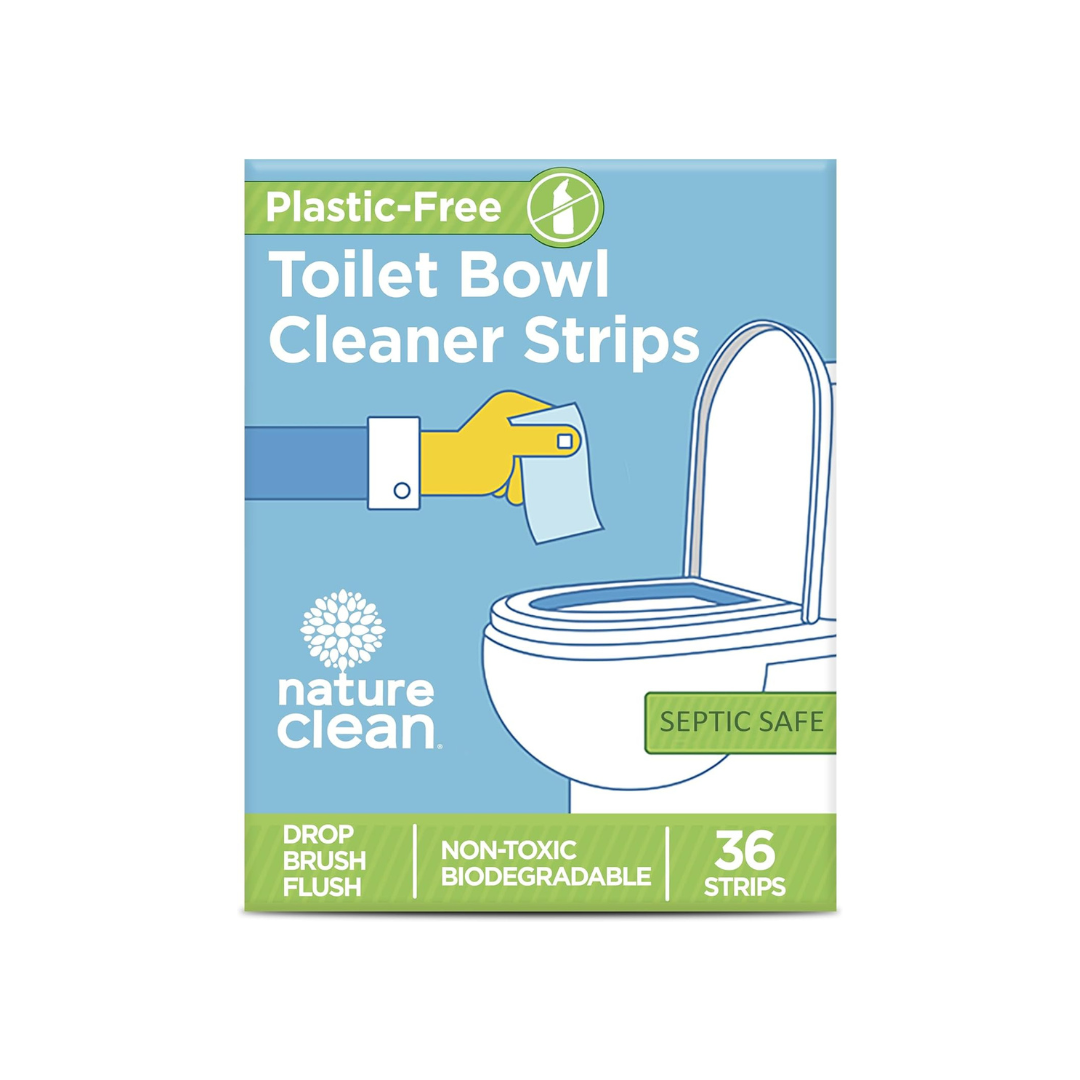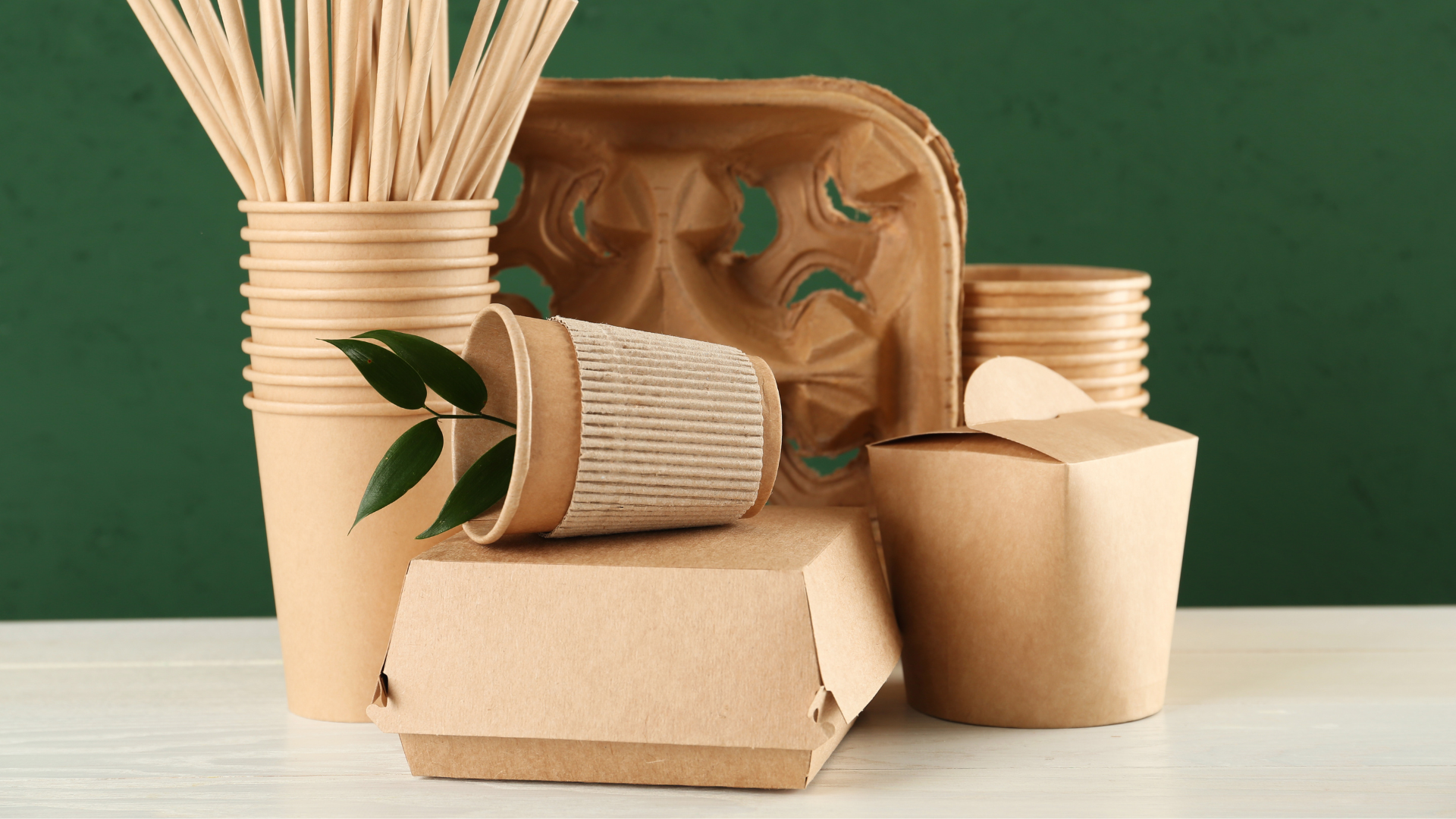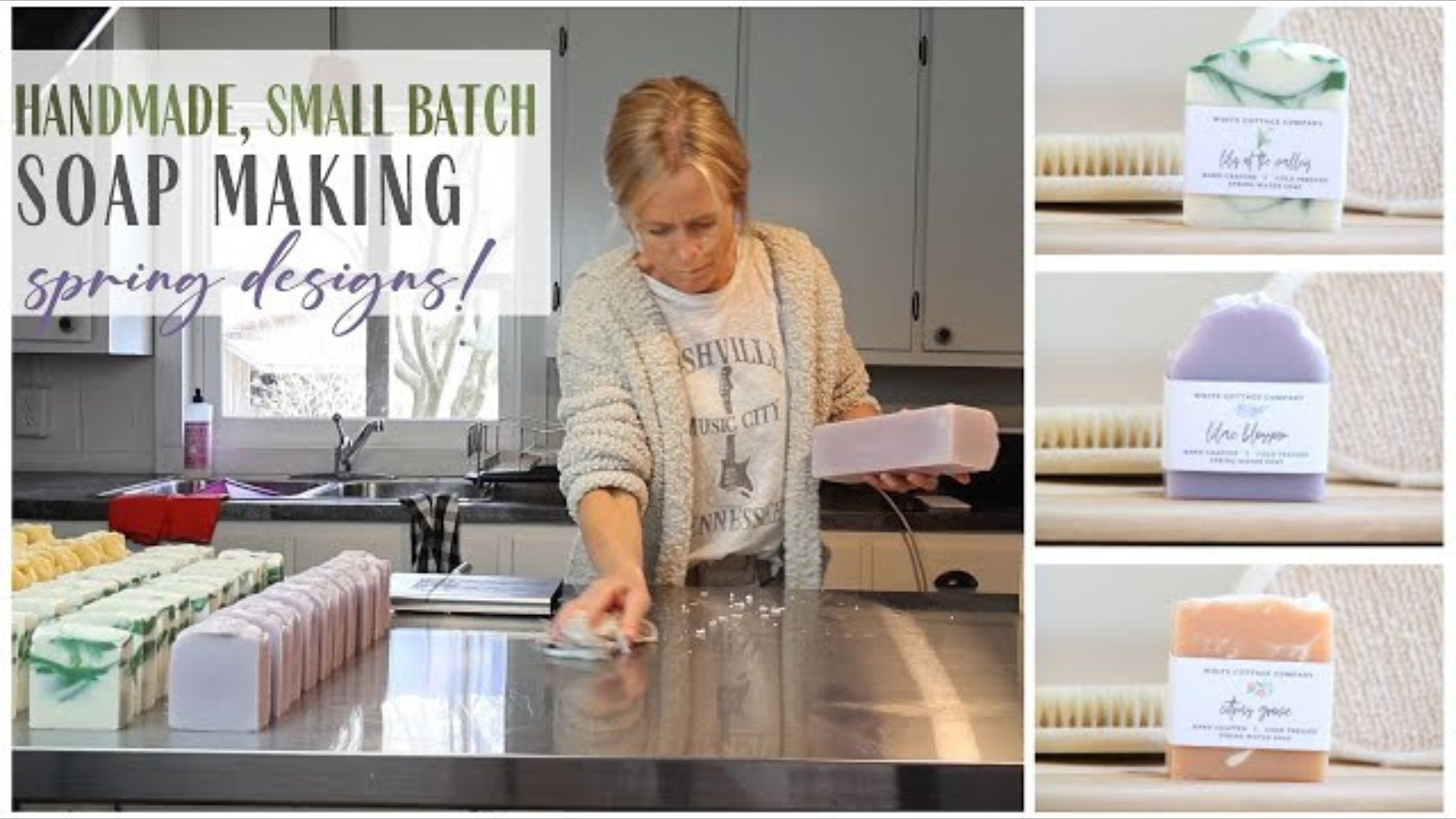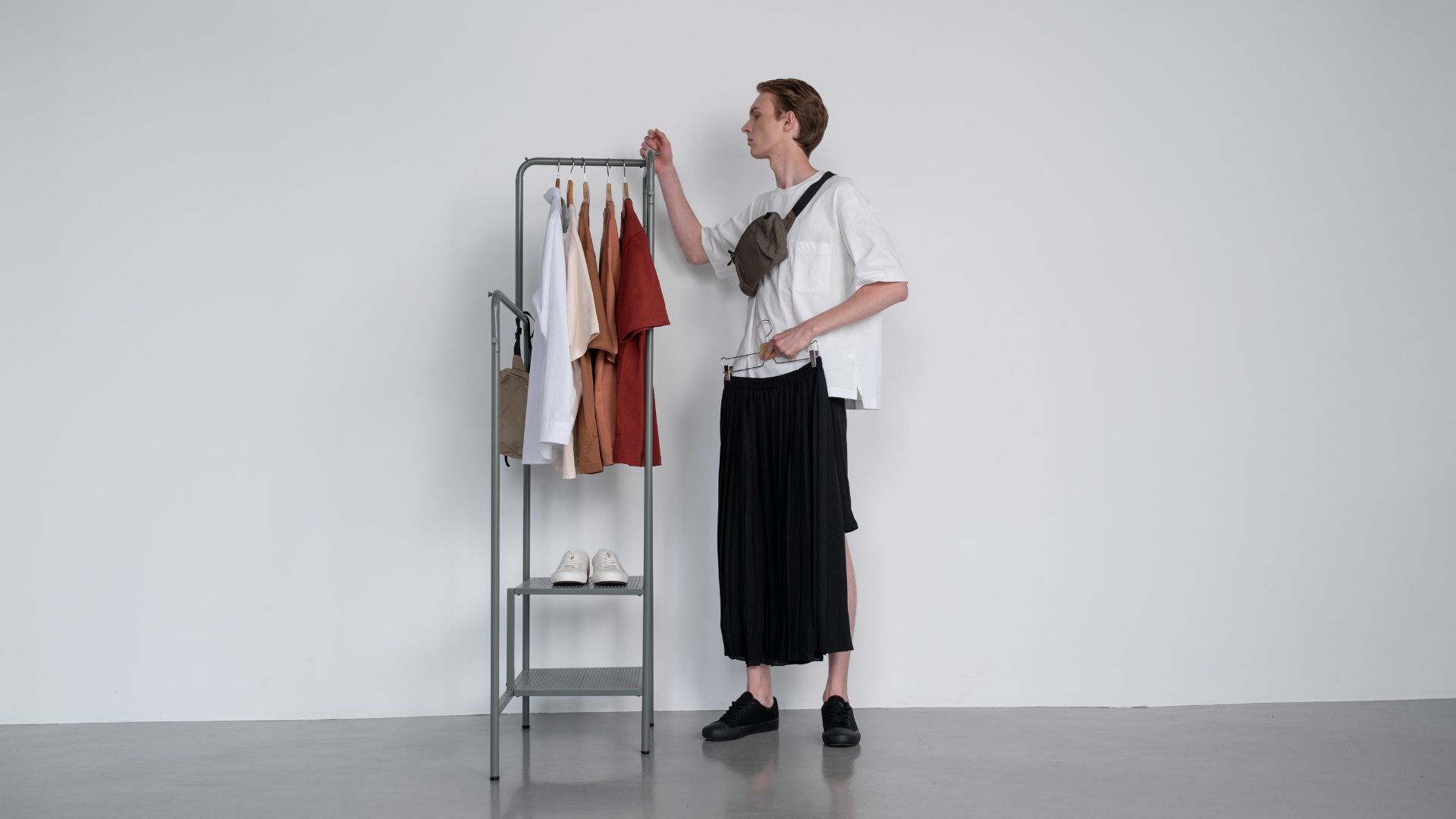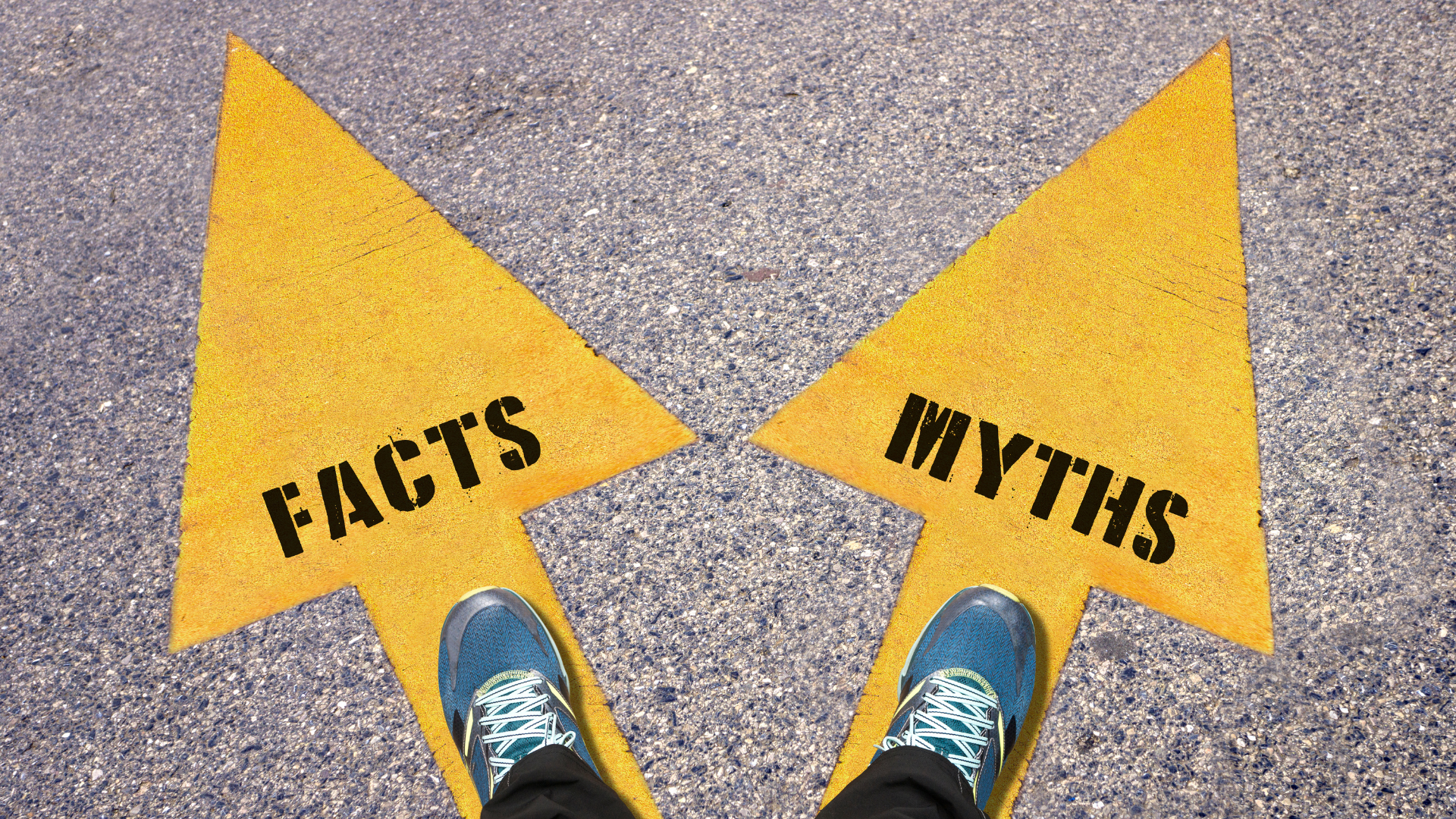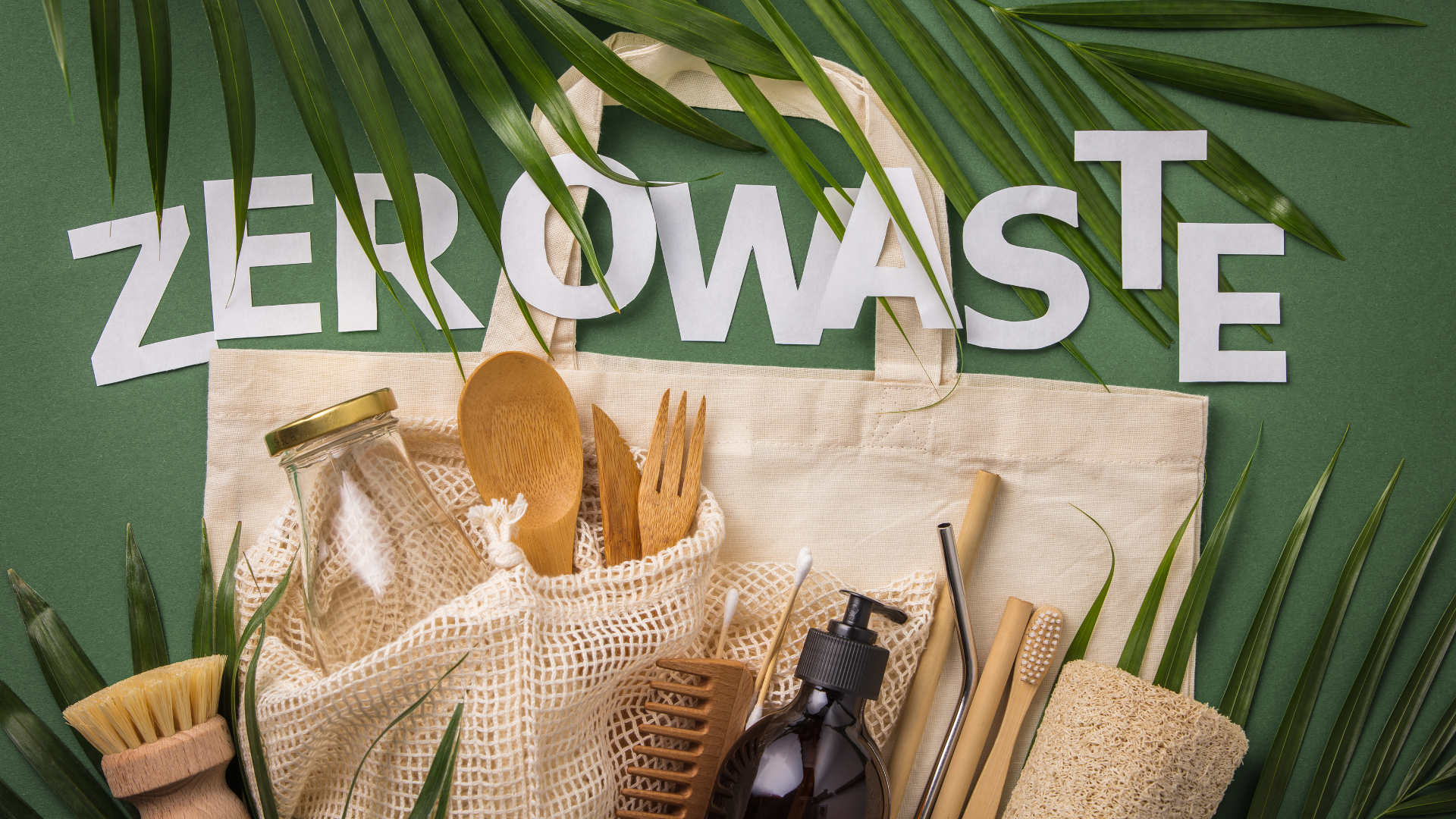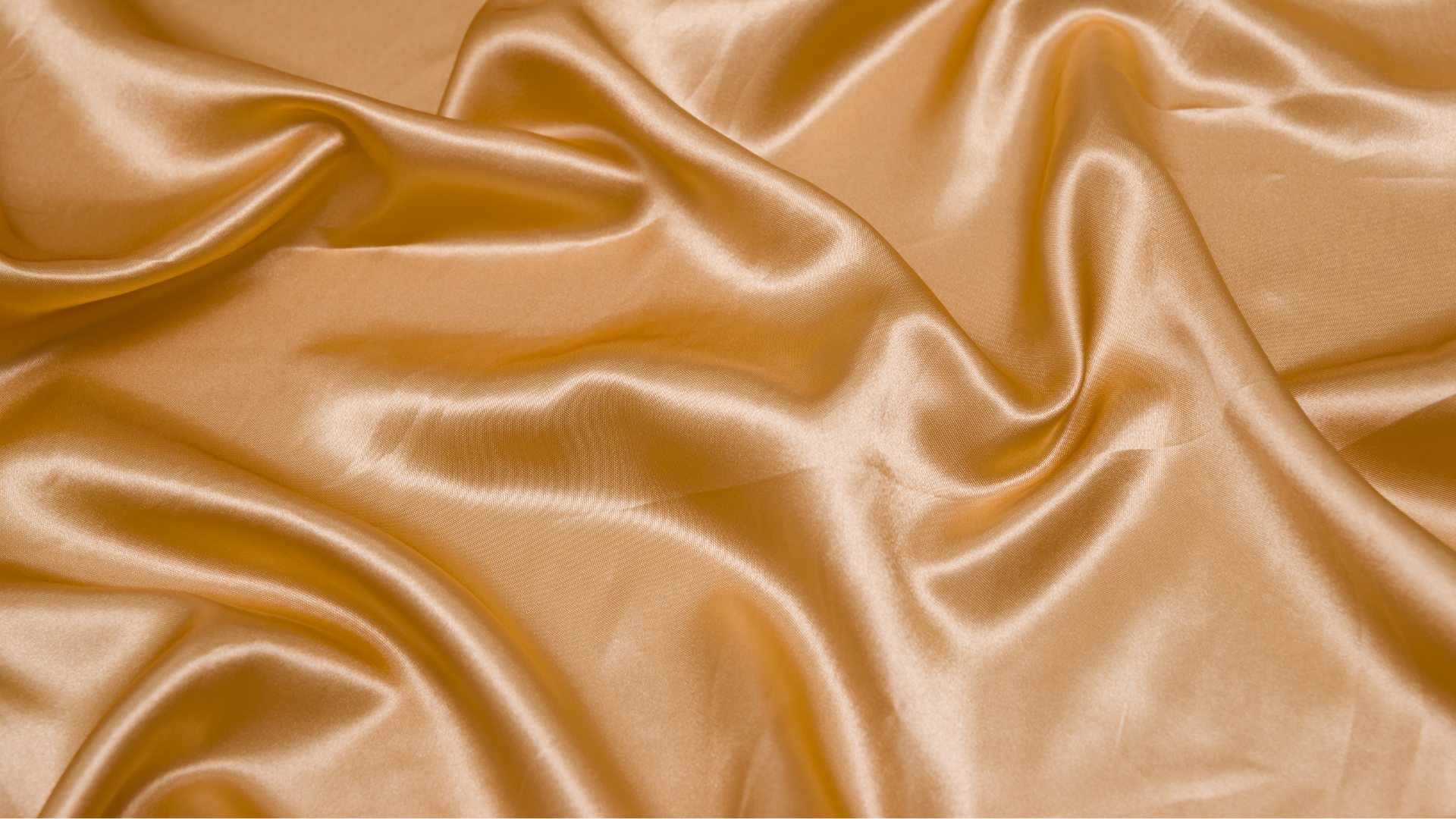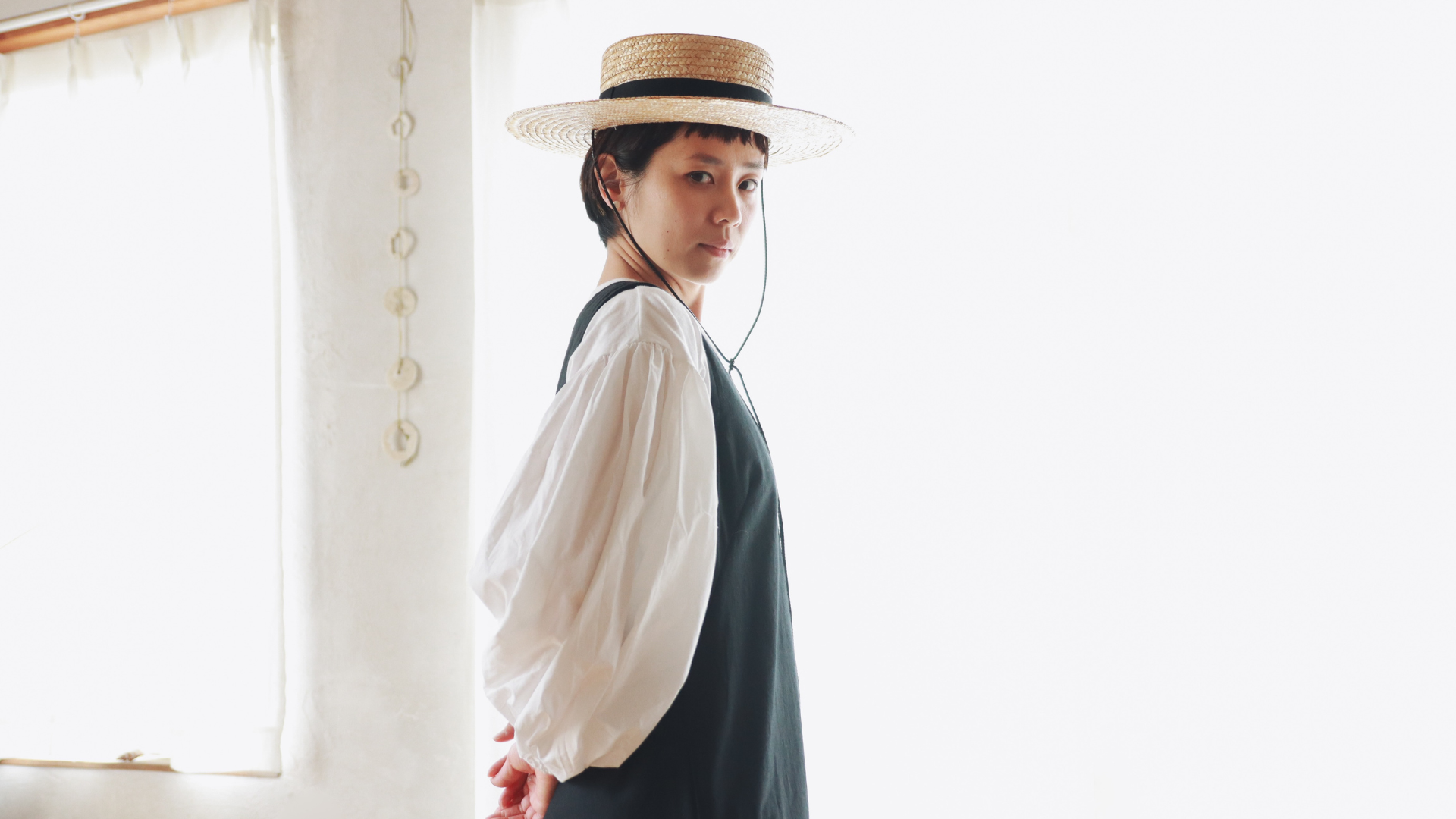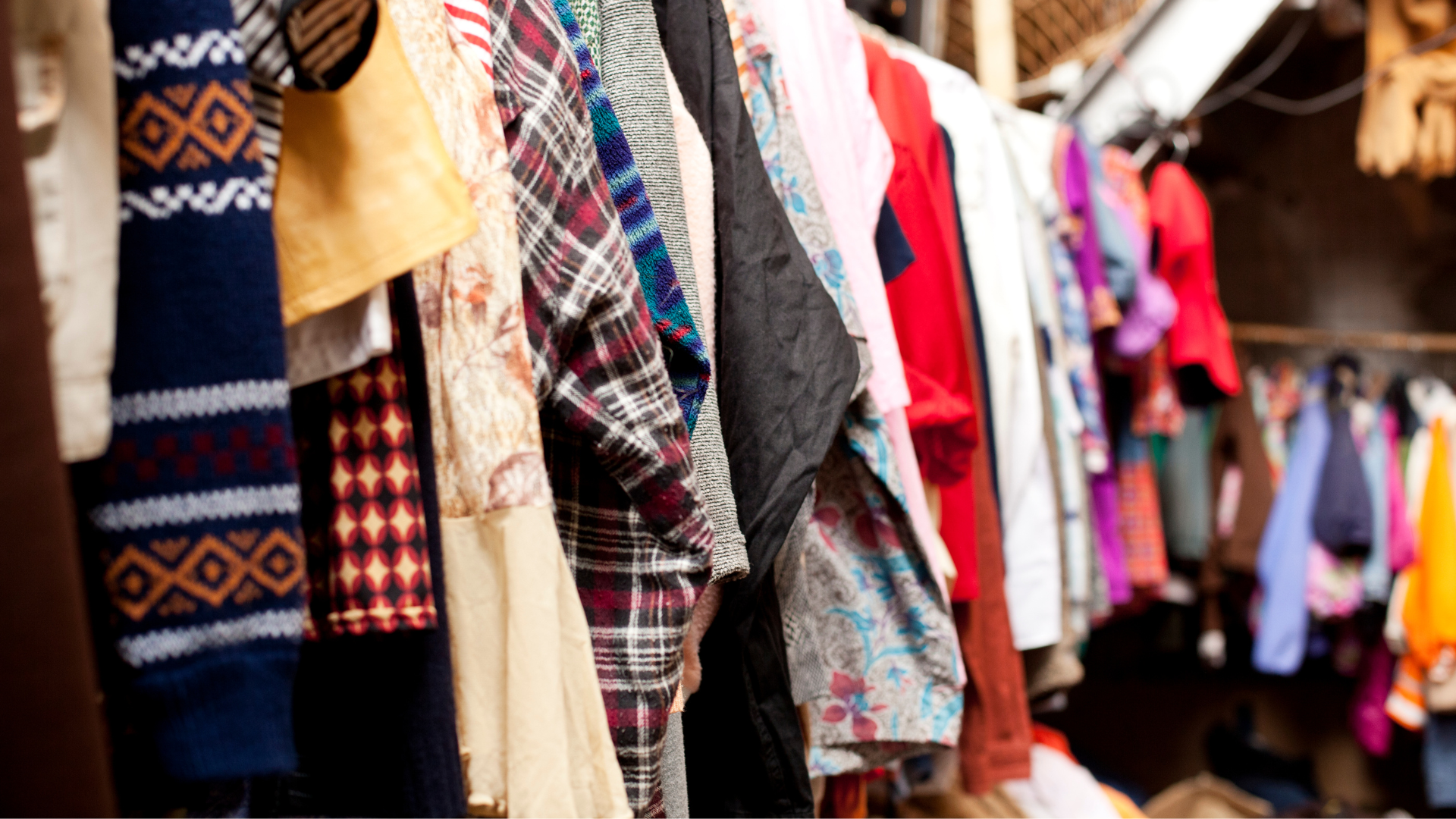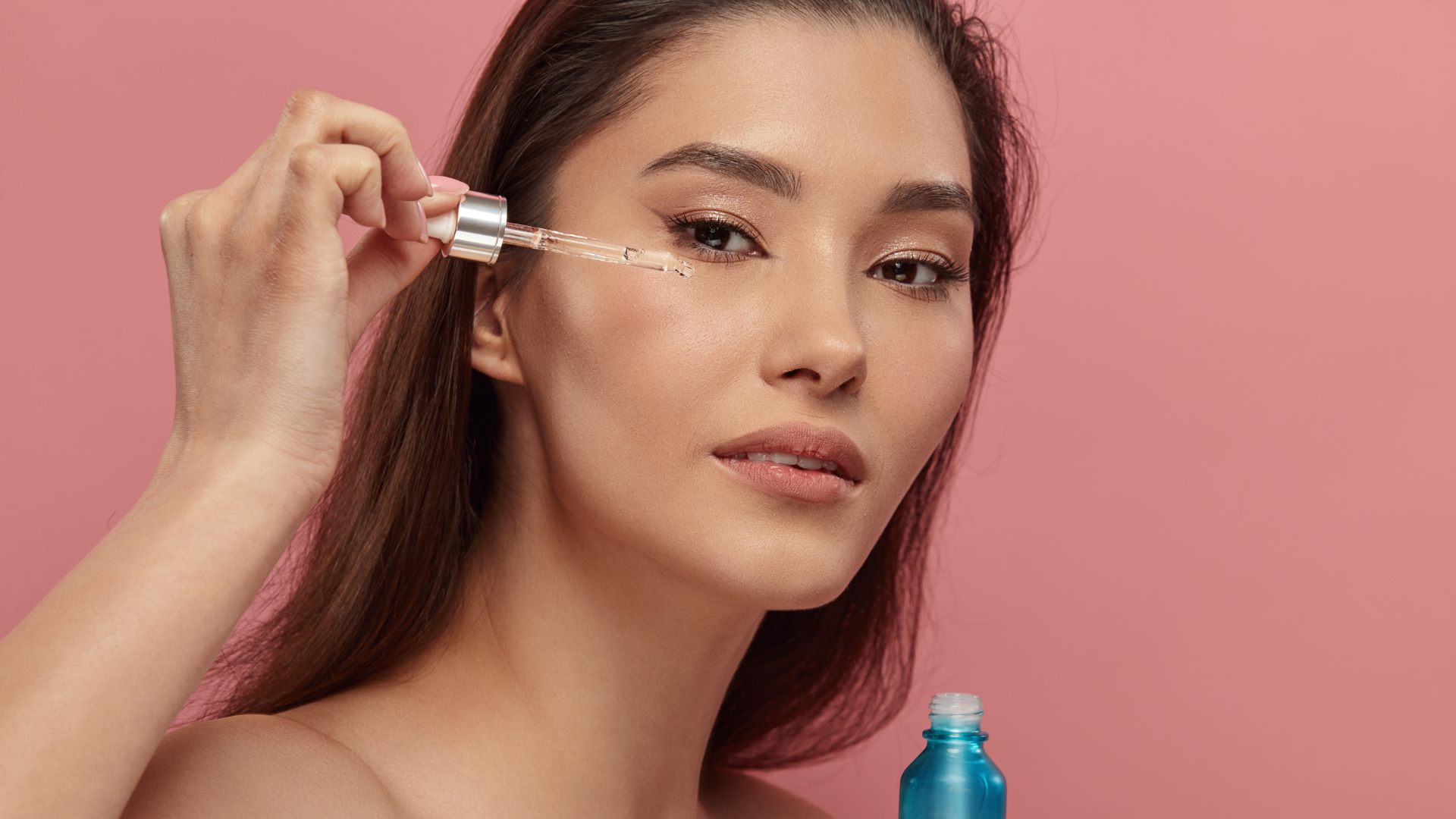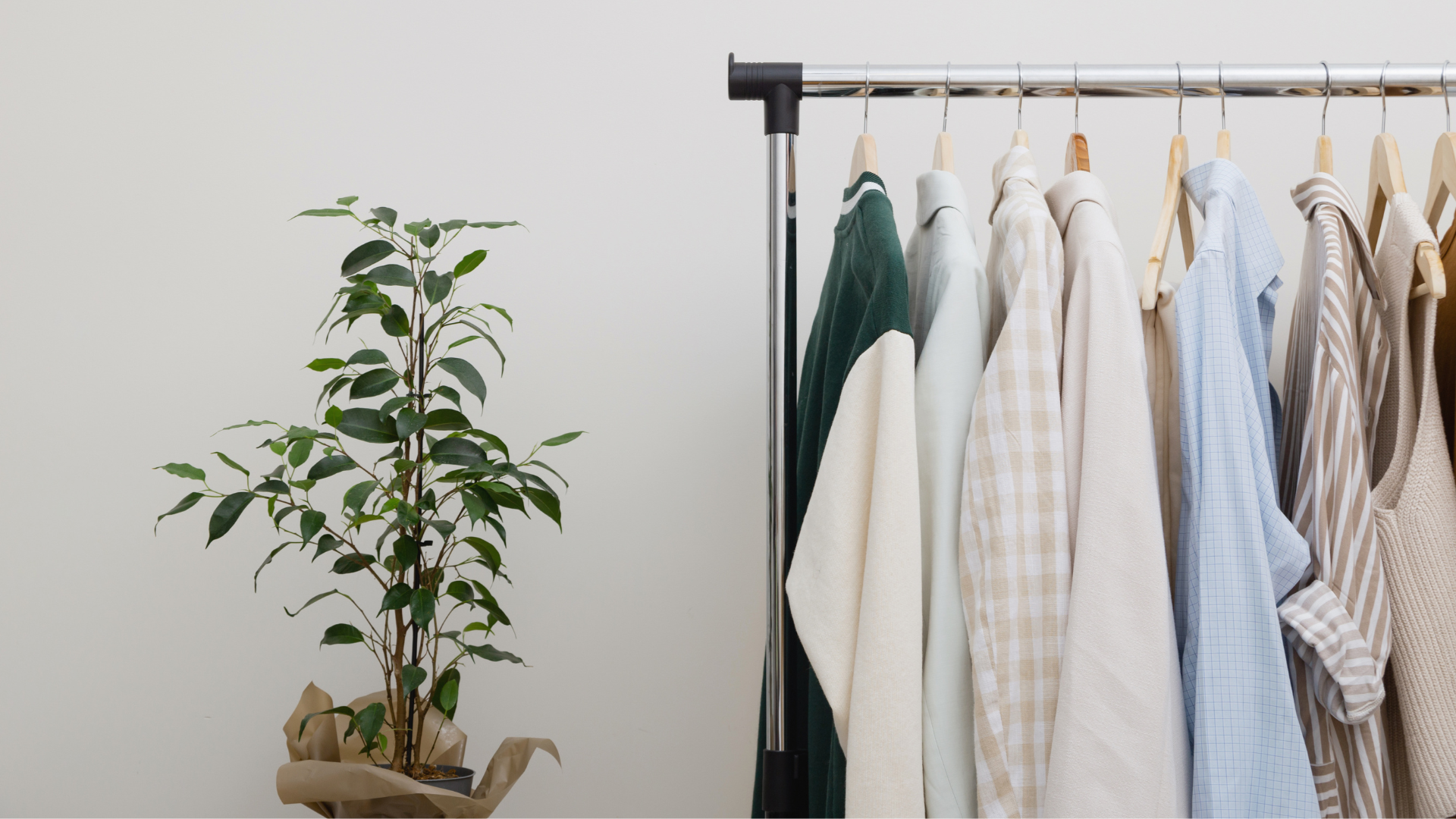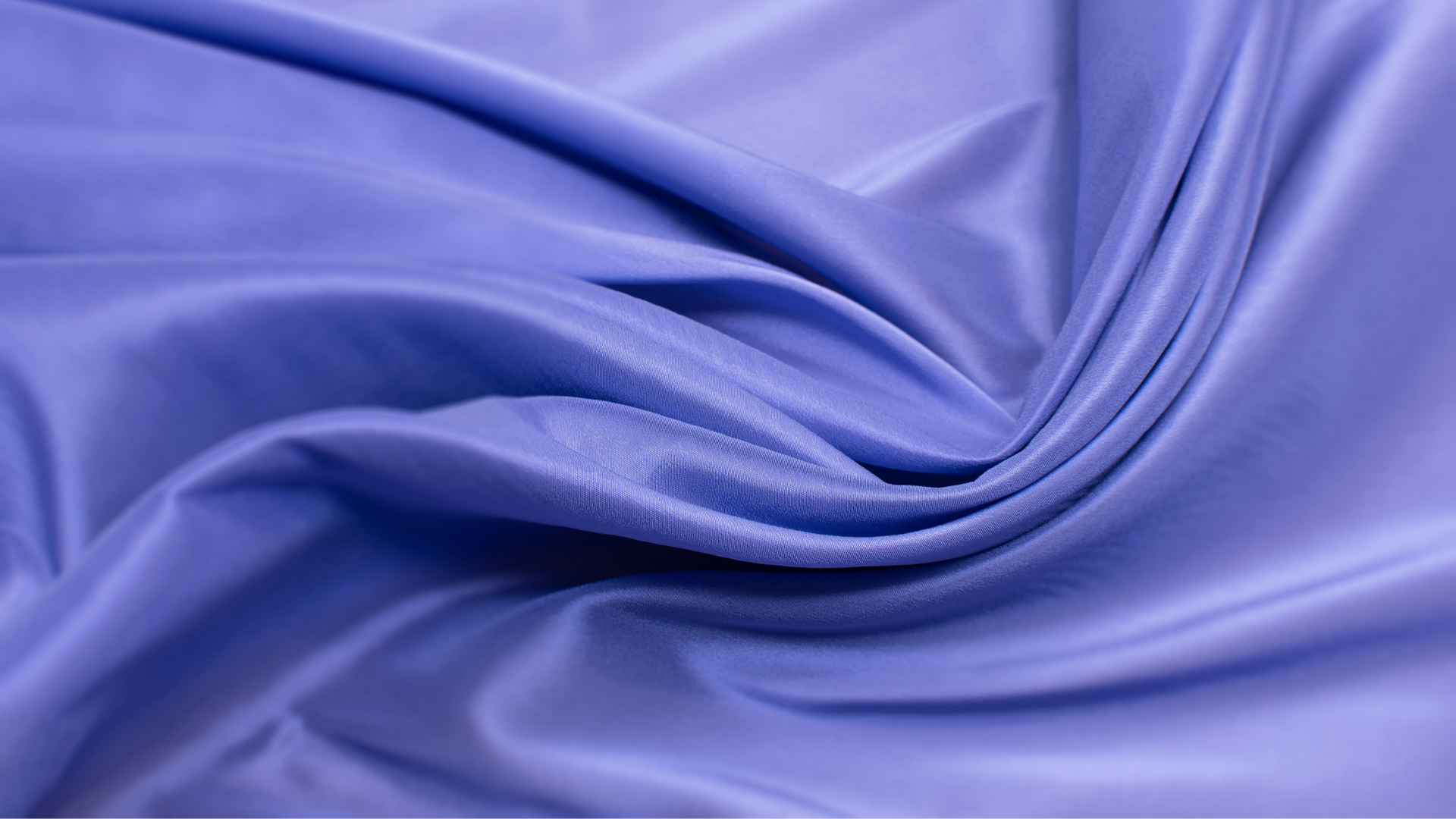In today's eco-conscious world, selling used clothes has become not just a way to declutter and earn extra cash, but also a significant step towards sustainable living. Whether you're a seasoned thrifter or new to the world of pre-loved fashion, this guide will equip you with all the necessary information to effectively sell your used clothes online and offline.
Understanding the Market for Used Clothes
The Popularity of Thrifting
Thrifting has gained immense popularity as consumers become more aware of the environmental impact of fast fashion. By selling your used clothes, you're contributing to a circular economy that promotes reuse and reduces waste.
Benefits of Selling Used Clothes
-
Environmental Impact: Reduces landfill waste and the demand for new clothing production.
-
Economic Benefit: Provides an opportunity to earn money from items that are no longer needed.
-
Community Engagement: Supports a community of like-minded individuals who are committed to sustainable practices.
Preparing Your Clothes for Sale
Assessing Your Inventory
Take stock of your wardrobe and identify items that are gently used, free of defects, and likely to be in demand. Seasonal trends, designer labels, and timeless basics tend to sell well.
Cleaning and Repairing
Ensure that the clothes are in the best possible condition. Wash, dry, and iron your clothes, and make repairs if necessary. Well-presented clothes are more likely to sell quickly.
Choosing Platforms for Selling Used Clothes
Online Marketplaces
Platforms like eBay, Poshmark, and Depop are popular for selling clothes due to their vast user bases and ease of use. Each platform has its own set of fees and audience, so choose the one that best fits your needs.
Local Consignment and Thrift Stores
Selling through local stores can be a convenient option if you prefer a hands-off approach. These stores typically take a percentage of the sales price.
Social Media and Apps
Platforms like Instagram, Facebook Marketplace, and specialized apps offer a direct way to reach buyers. They allow for personal interaction and negotiation, which can be advantageous.
Best Practices for Listing Your Items
High-Quality Photos
Upload clear, well-lit photos of your clothes from multiple angles. Include close-ups of any tags, logos, or intricate details.
Detailed Descriptions
Provide thorough descriptions that include the brand, size, material, condition, and any defects. Transparency builds trust and reduces the likelihood of returns.
Competitive Pricing
Research similar items on the platform to price your clothes competitively. Consider the brand, condition, and current market demand.
Promoting Your Listings
SEO Strategies
Use relevant keywords in your listings to improve visibility. Terms like "vintage," "designer," or specific brand names can attract more targeted buyers.
Social Sharing
Share your listings on your social media profiles to increase exposure. Engaging with followers through posts and stories can also drive traffic.
Handling Sales and Customer Interaction
Communication
Respond promptly and courteously to any inquiries. Good communication can lead to repeat customers and positive reviews.
Shipping
Offer fair shipping prices and package your items carefully. A pleasant unboxing experience can impress buyers and encourage them to shop again.
FAQs About Selling Used Clothes
What are the best platforms to sell used clothes?
The best platforms vary depending on your target audience and the type of clothes. Online marketplaces like eBay, Poshmark, and Depop cater to vast audiences, while local consignment stores might be better for high-end designer items.
How should I price my used clothes?
Assess the original retail price, condition, and brand of your clothing. A general rule of thumb is to price items at about 30-50% of the original price, depending on their condition and demand.
What should I do if my clothes aren't selling?
Consider lowering the price, improving your listings with better photos and descriptions, or trying different platforms that might better suit your items.
Is it worth selling clothes with minor defects?
Yes, but be transparent about any defects in the description. Some buyers are willing to repair minor issues if they feel they're getting a good deal.
How can I make my listings more attractive?
Use high-quality photos and detailed descriptions. Seasonal promotions and bundling items can also attract more buyers.
Can I sell clothes that are out of season?
Yes, although they might take longer to sell. Some buyers shop off-season to find better deals.


